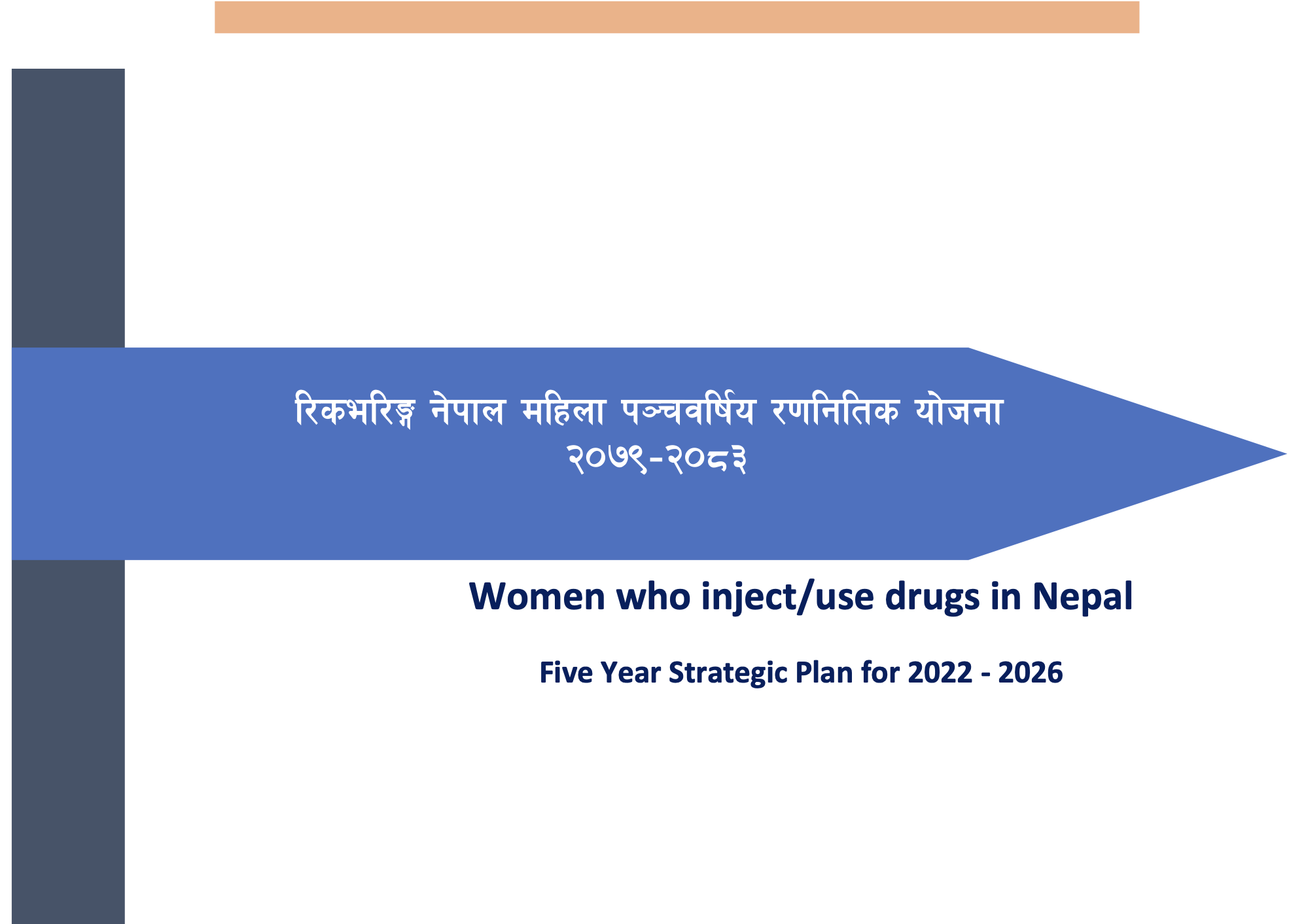Women who inject/use drugs in Nepal
Recovering Nepal Women (RN-WOMEN) is the national network setup to protect Women Who Use Drugs in Nepal from violence, discrimination, abuse, marginalization and neglect. It is the Official Women's Wing and Gender Diversity Hub of Recovering Nepal. It was officially declared on 2018 through regional as well as National level consultation on the 12th of January 2018. Recovering Nepal Women aims to influence the policies that improve the quality of lives of Women who use Drugs (WUDS), reinstate their rights and create a supportive environment.Recovering Nepal Women promotes provision of HIV and gender sensitive Harm Reduction services, ending Stigma & Discrimination and violence, promoting Sexual Reproductive Health and Rights (SRHR) and advocating for the rights of WUDs while focusing on strengthening the capacity of WUDs and their organizations to respond to the HIV/TB/HEPC C and COVID epidemic, while enhancing the capacity of WUDs to advocate for themselves regarding their issues. There is a need to create an enabling as well as gender friendly environment to increase the Participation of WUDs in designing, meaningful interventions with the engagement of WUDs as well as advocating for effective policies and programs in order to end the disempowerment and victimization of WWUD through systemic, cultural, familial and social violence. As per the National HIV Strategic Plan 2022–2026, according to the national priorities for Woman who use Drugs (WWUD), the primary focus areas are female sex workers, with special attention paid to those who inject drugs, street-based female sex workers, and transgender sex workers who have lower service coverage such as LGBTIQ people who use drugs. They are perceived as harder to reach through outreach and are not attracting sufficient attention in service providers programs. This needs to drastically improve. Program and service coverage for these highly vulnerable key populations must include service packages that address their specific prevention and harm-reduction needs, including sexual exploitation and violence, though increased in-reach as well as social, non-conventional and human rights based programs.
